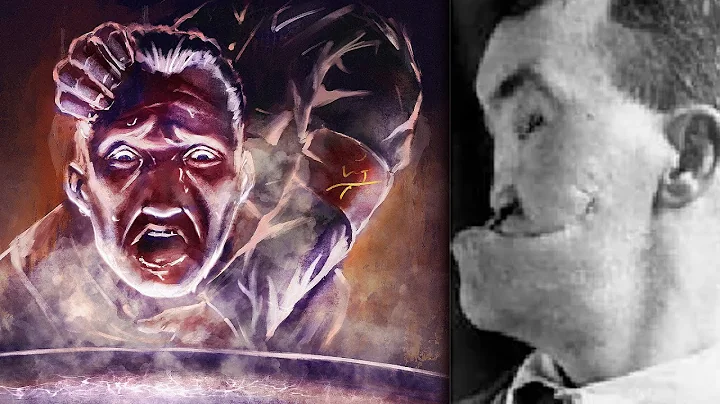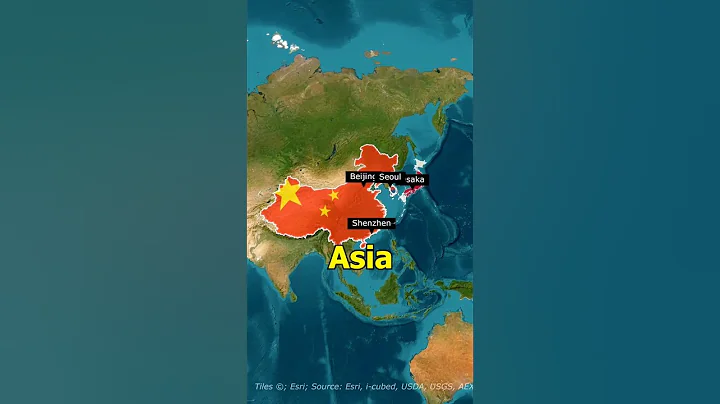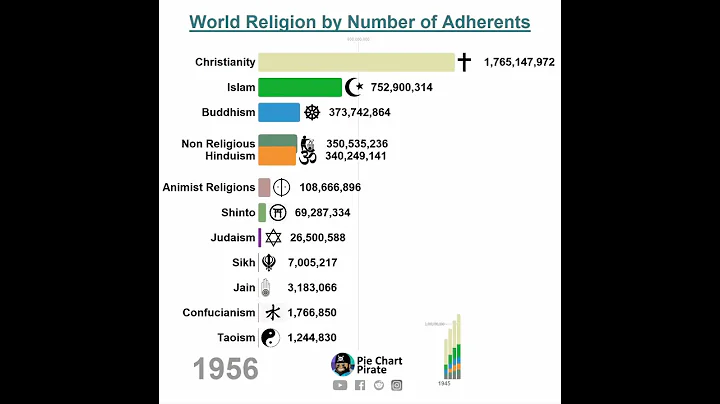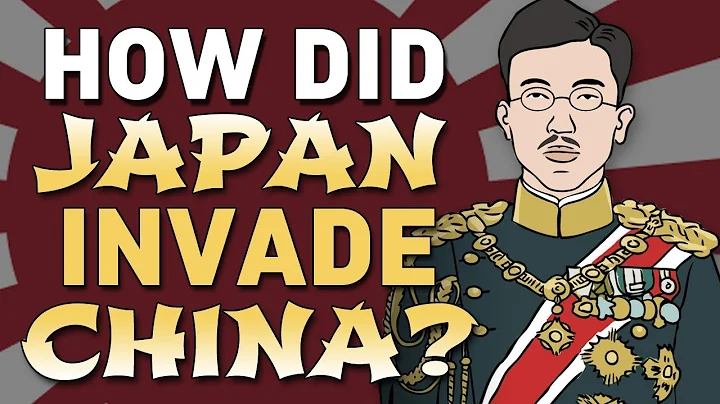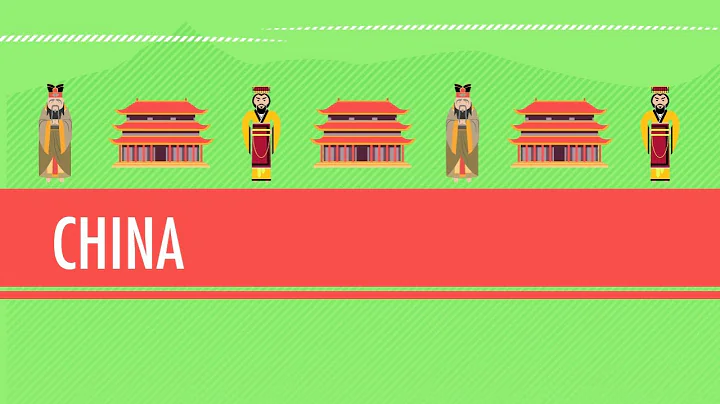The " July 7th Incident" has passed 85 years ago.
Today we will review this period of history that has made the Chinese people heartbroken.
Analyze where did China lose in the "July 7th Incident"?
The purpose is to alert all Chinese people:
Don’t forget the national humiliation!
strengthens China!

The "July 7th Incident" (oil painting)
The "July 7th Incident" was premeditated and planned by the Japanese invaders.
As early as February 20, 1937,
the Japanese Ministry of Foreign Affairs stated in "The Third Dealing with the North China Issue" "Outline" shamelessly claimed to take measures against the Nanjing regime;
By mid-April,
Japan conspired to invade and occupy North China at the four-phase meeting of foreign affairs, Tibet, army and navy;
6,
Kwantung Army Chief of Staff Tojo Yingji even openly threatened that
if force permits,
we should first strike at the Nanjing government.
At this time,
Japan suddenly increased its troops stationed in North China.
The Japanese army and the puppet troops supported by them had formed an obvious encirclement of Peiping ,
especially the strategically important Marco Polo Bridge . It is a huge threat.
If the Japanese army captures the Marco Polo Bridge area,
it can cut off the connection between the Ping-Han, Ping-Sui and Beining railways at any time.
Peiping will lose any barrier.
The Japanese army's capture of Peiping will be as simple as picking out a bag.
In addition to careful military deployment in advance,
the Japanese aggressors also repeatedly released signals in their propaganda that they would use force against China:
The Japanese garrison in North China once claimed that
in order to exclude the Kuomintang and Chiang Kai-shek regime from North China The use of force is a last resort;
On June 30, 1937,
a Manchurian Railway agent stationed in Peking once arrogantly declared to others,
Within a week,
if no major incident happens,
I will be killed I'll give you my head;
On July 1,
a reporter told Japan's North China Garrison Chief of Staff Hashimoto Tsun,
unusual events will occur in Peiping in the near future.
Hashimoto replied,
Your concerns are right,
but I think the 29th Army will not be provocative.
Student riots cannot cause big troubles.
The Japanese are eager to cause trouble.
In fact, the Japanese army has been provoking and causing trouble:
The Japanese army stationed in Fengtai often provoked near the Marco Polo Bridge in the name of exercises.
The cycle increased from once every half month to once every three to five days.
Provocations were carried out day and night with real guns and live ammunition. ,
Sometimes even nakedly approached Wanping county seat,
simulated siege.
Things have seriously developed to this point.
The purpose of the Japanese aggressors in preparing to launch deliberate armed provocation has become obvious.

Song Zheyuan
At this time, the National Government and Song Zheyuan, the commander of the 29th Army in charge of Pingjin, Hebei and Cha, did not take any preventive measures.
neither made any military plans or preparations for the response, nor did
Any response in diplomacy or public opinion,
In short,
whether it is the National Government or Song Zheyuan's 29th Army,
turned a blind eye to such an obvious provocation by the Japanese invaders,
It seems that all this tense situation has nothing to do with itself. ,
had no preparations and plans for response and prevention,
China lost due to insensitivity and heartlessness.
When the Japanese army was ready,
On the night of July 7, 1937,
The Japanese army began to take action.
At 10:40 pm,
Setsuro Shimizu, the commander of the Japanese army stationed in Fengtai, who was conducting military exercises between Dawayao and Yongding River in the northeast of Marco Polo Bridge, announced that
there was a missing soldier named Shimura Kikujiro .
Although the Japanese army did not have any definite evidence,
they insisted that the missing soldiers were coerced by the Chinese army into Wanping City,
and they had to search the city.
The unreasonable request of the Japanese army was flatly rejected by Ji Xingwen, the commander of the 219th Regiment of the 37th Division of the 29th Army stationed in the city.
In fact,
the missing Japanese soldier returned to the team safely 20 minutes later.
However, the Japanese army still repeatedly requested unreasonable entry. City search,
Obviously,
this was a deliberate and premeditated military operation by the Japanese army.
At around 1 a.m. on July 8,
the Japanese army began to take action based on the "Propaganda Plan" that had been formulated for this military operation.
The "Plan" stipulated that the Marco Polo Bridge should be occupied,
no later than noon on the 9th. Occupying Wanping County,
made preparations to imprison Chinese dignitaries (referring to the 29th Army Commander Song Zheyuan).
In fact,
Regarding the truth about the "July 7th Incident",
not only ordinary Japanese people,
including the Japanese Prime Minister, Marine Minister, Foreign Minister and many other military and political figures knew that this was an incident deliberately created by the Japanese Army.
Especially Japanese Prime Minister Konoe Fumimaro after the "July 7th Incident" expanded into a full-scale war of aggression against China,
once told a former Japanese staff officer of the North China garrison that "the July 7th Incident was a conspiracy of young people in the army."
The night after the incident,
Tianjin Special Agency Director Hidekazu Shigekawa admitted while drinking with Tanaka Takayoshi in a Japanese restaurant in Tianjin that
he organized the Marco Polo Bridge Incident.
After Japan's defeat,
Shikagawa Hidekazu admitted during interrogation that
the first shot in the Marco Polo Bridge Incident was fired by the Japanese, and
the responsibility for the incident should be borne by the Japanese army.
Many of the above evidences show that
the Japanese army deliberately provoked disputes and conflicts,
created the "Juqi Marco Polo Bridge Incident",
the purpose was to wait for an opportunity to launch a full-scale war of aggression against China.

29 Army 37th Division 219th Regiment Ji Xingwen
After the incident,
the Chinese army stationed in Peking was forced to take emergency vigilance measures and closely monitor the movements of the Japanese troops.
8 At 5 o'clock in the morning,
the Japanese army bombarded Wanping with fierce artillery fire The county seat and the Shagang in the northeast of Wanping were captured.
Commander Ji Xingwen of the Chinese defenders could not bear it and rose up to fight back.
Early in the morning,
Japanese army Ichiki Kiyonao Captain led the main force of the 1st Regiment and 3rd Battalion to attack the Chinese defenders at the Dragon King Temple and the Railway Bridge in four directions.
The Chinese defenders ignored their superior strength and heavy artillery fire. The Japanese army still rushed into the enemy group to engage in hand-to-hand combat with the Japanese army. More than 180 officers and soldiers were killed and injured as they were outnumbered and trapped.
At almost the same time,
another Japanese army bombarded the east gate of Wanping City with fierce artillery fire.
The 29th Army Headquarters ordered the defenders to live and die with Marco Polo Bridge and not to retreat.
The two sides fought fiercely until 15:50 on July 8.
The commander of the 4th mixed brigade of the Japanese garrison Hebian Zhengsan rushed to Fengtai to supervise the battle and mobilized heavy troops to enter the pass.
htmlThe 29th Army recovered the lost territory such as the Railway Bridge and the Dragon King Temple in the early morning of9.
In order to prevent the situation from escalating, the Hebei Cha authorities even agreed to negotiate with the Japanese side.
As a result, the best opportunity to continue the offensive was missed.
China lost in a hasty response. And unable to come up with mature and far-sighted solutions.
At this time,
Chiang Kai-shek although he carried out military mobilization and deployment,
he also expressed his willingness for the local authorities of Hebei and Chacha to negotiate with Japan to peacefully resolve the incident.
This led Song Zheyuan to negotiate with Japan. In order to seek a peaceful solution to the incident, we made regrettable concessions to Japan.
In fact,
the cunning and shameless Japanese aggressors deliberately used negotiations in the name of negotiation.
They took advantage of Song Zheyuan's weakness and the Nanjing National Government 's wishful thinking about peace,
and allowed their plan to delay the war to succeed:
The Japanese army took advantage of the vacuum of negotiations. At this time, the military deployment to encircle Pingjin was completed.
The Japanese army's entry combat troops reached 5 divisions and more than 100,000 people.
The Chinese army missed a good opportunity to attack and annihilate the enemy.
Comparison of the strength of China and Japan.
The Japanese army has completely gained an absolute advantage.
The Nanjing National Government and the Hebei-Cha authorities lacked understanding of the seriousness of the "July 7th Incident",
unilaterally had illusions about peace, and
attempted to preserve their strength and territory through unilateral concessions.
When Song Zheyuan discovered that he was completely played by the Japanese army,
realized that the war between China and Japan was unavoidable,
then he made up his mind to resist the Japanese invasion with arms,
but it was too late,
the Japanese army had already After completing the combat deployment,
concentrated 30,000 troops,
launched a general attack on Pingjin.
China lost due to short-sightedness, naivety and passivity.
